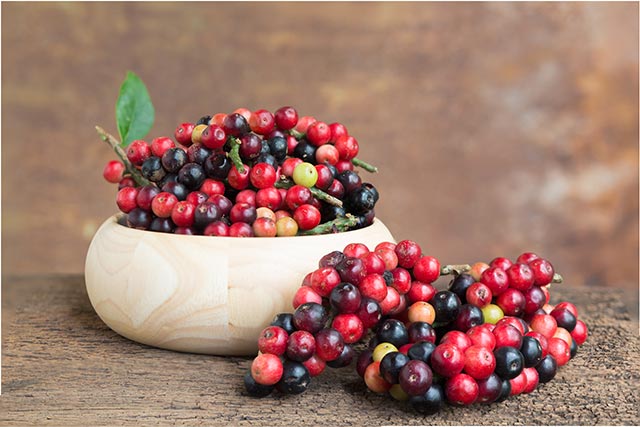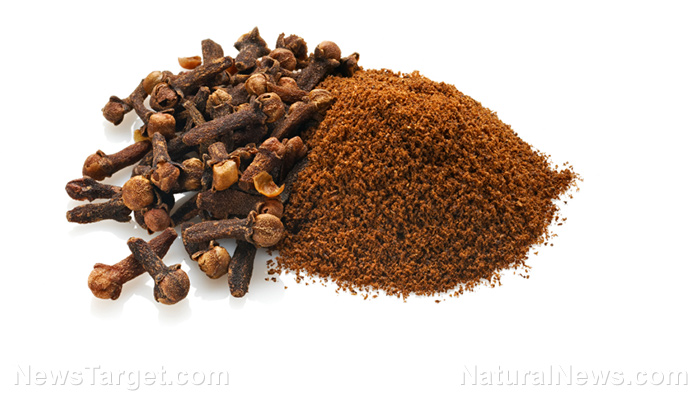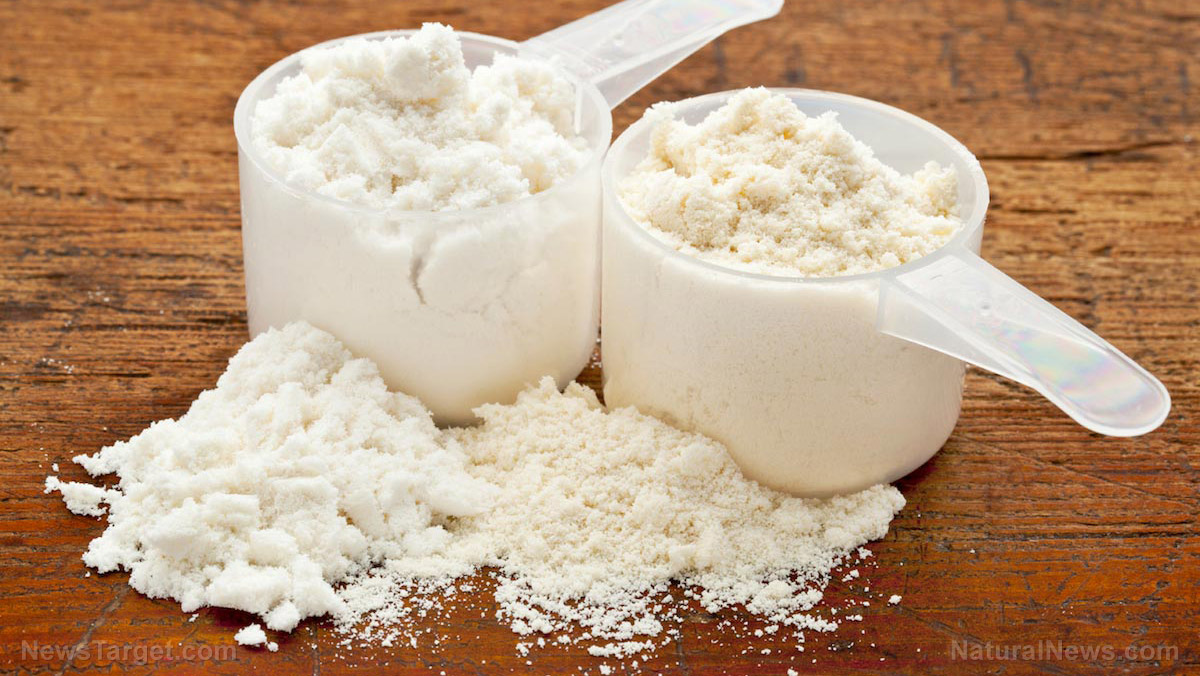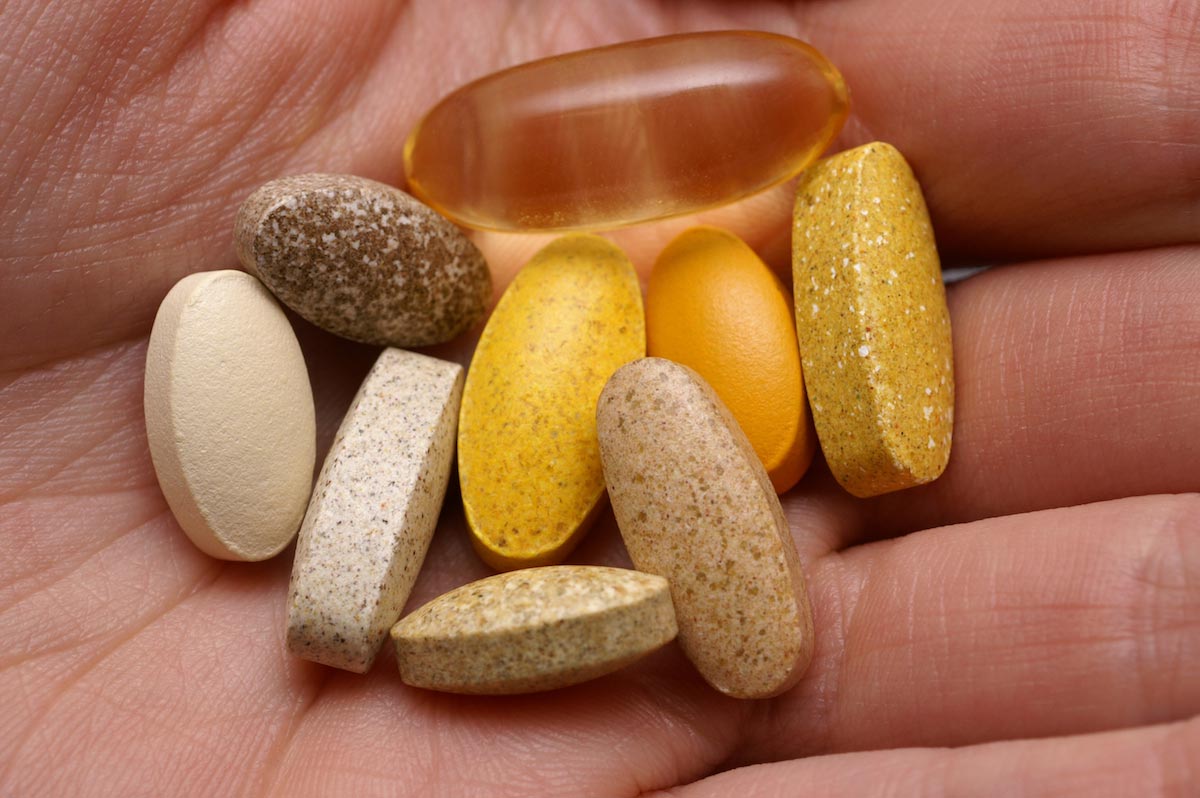Drinking oolong tea found to help promote weight loss
04/02/2019 / By Michelle Simmons

Drinking tea is common in Asian countries, either for health or for pleasure. In a study published in the journal Food Science and Human Wellness, a team of researchers from the National Taiwan University and the University of Florida found that oolong tea extracts could greatly help in losing weight and preventing obesity.
Tea, such as green tea, black tea, and oolong tea, is loaded with polyphenol compounds, such as epigallocatechin gallate (EGCG), epigallocatechin, epicatechin gallate (ECG), epicatechin (EC), caffeine, and gallic acid. The drink has been shown to possess many biological activities, such as alleviating metabolic syndrome and fatty liver. Earlier studies have also shown that tea exhibited anti-obesity effects. (Related: Oolong tea: Why it’s good for you.)
For the study, the research team looked at whether the extract of oolong tea and its metabolites from Andraca theae, a common tea pest, could prevent obesity in high-fat diet fed rats. To do this, they treated the rats with either oolong tea extract or Andraca theae metabolites once a day for six weeks.
Based on the results, the treatment of oolong tea extract dramatically decreased abdominal fat. In addition, the research team found that the extract of oolong tea contained higher concentrations of EGCG and caffeine than that from Andraca theae metabolites. From these findings, the team concludes that oolong tea extract can help prevent fat buildup in high-fat-diet-induced obese rats because of its high contents of ECGC and caffeine.
What you need to know about oolong tea
Similar to green tea and black tea, oolong tea is made from the leaves of the Camellia sinensis plant. However, they are processed differently. Oolong tea is fermented and allowed to partially oxidize, while green tea is not. Black tea is fully fermented and oxidized, giving it its black color.
Drinking oolong tea provides these health benefits:
- Boosts brain function: Recent reviews have demonstrated that tea may help preserve brain function and prevent Alzheimer’s disease. Tea contains many components that are beneficial for the brain. For one, tea contains caffeine which can help improve mood, attention, and brain function. Caffeine does these by boosting the release of two brain messengers called norepinephrine and dopamine. The theanine content of tea may also enhance attention and relieve anxiety. Its polyphenols also have a calming effect.
- Enhances heart health: The antioxidants in oolong tea makes it a great drink for keeping your heart healthy. Antioxidants fight oxidative stress that contributes to the development of heart problems. Studies have shown that regularly drinking oolong tea may lower levels of blood pressure and cholesterol and cut the risk of heart disease.
- Helps prevent diabetes: Oolong tea is rich in antioxidants which are believed to help lower blood sugar and insulin levels, as well as increase insulin sensitivity. A review reported that drinking 24 ounces (oz) or 720 milliliters (ml) of oolong tea every day could reduce the risk of Type 2 diabetes by 16 percent.
- Strengthens teeth and bones: Oolong tea may also strengthen teeth and bones because of its antioxidants. It may boost bone mineral density, which helps prevent fractures. Moreover, drinking oolong tea may also reduce dental plaque, as well as help strengthen tooth enamel.
- Protects against cancers: Researchers believe that the antioxidants in tea, including oolong tea, may help ward off cancer by preventing cell mutations that can result in cancer. Tea polyphenols might also lower the rate of cancer cell division.
- Relieves eczema: Oolong tea has some benefits on the skin, such as relieving eczema. Consumption of oolong tea may help reduce the symptoms of this skin condition, and its effect may last for long.
For centuries, oolong tea has been consumed and drinking up to 10 cups of it each day is generally considered to be safe.
Read more news stories and studies on natural ways to fight obesity by going to FightObesity.news.
Sources include:
Tagged Under: Andraca theae, fightobesity, food cures, food is medicine, functional food, natural cures, obesity, oolong tea, research, tea, weight loss, weight management



















